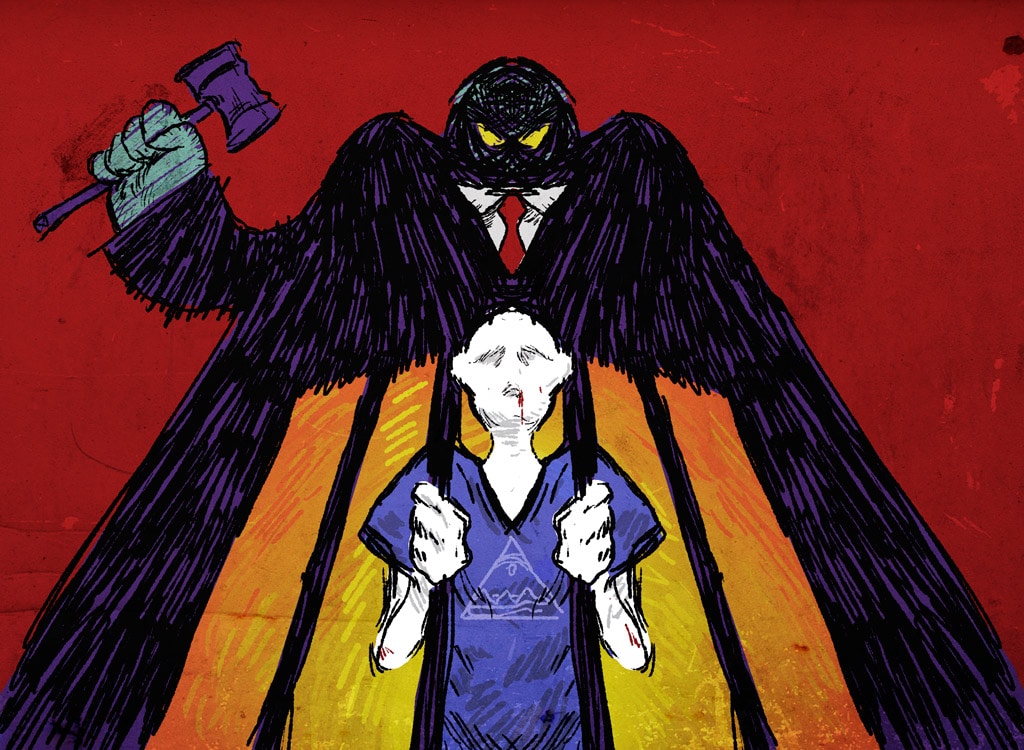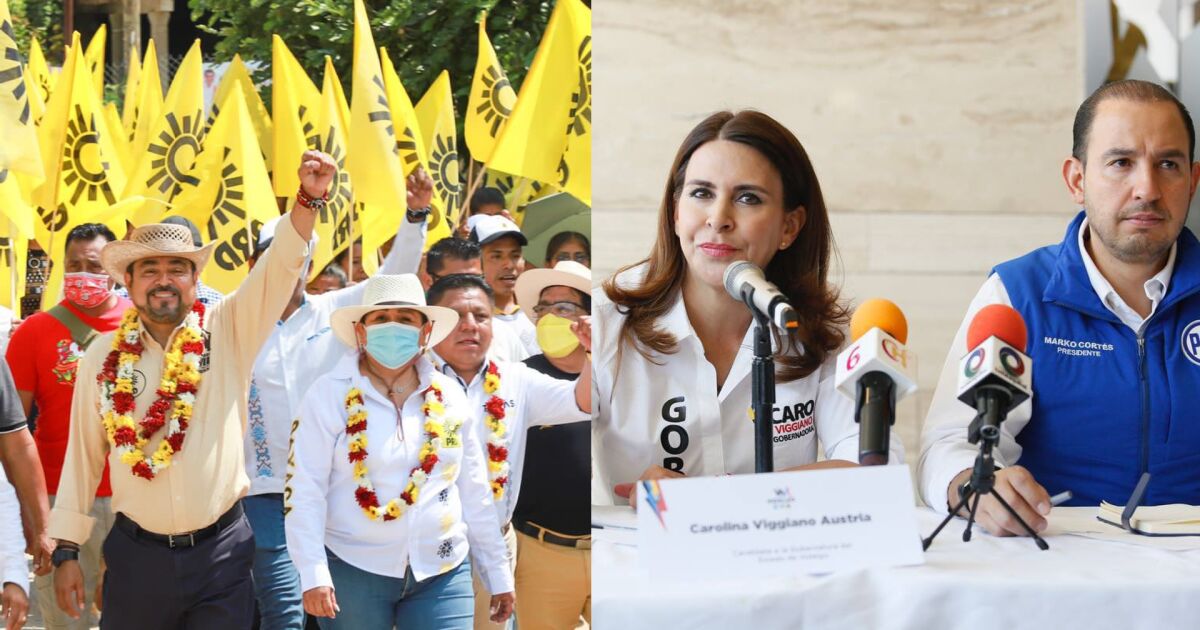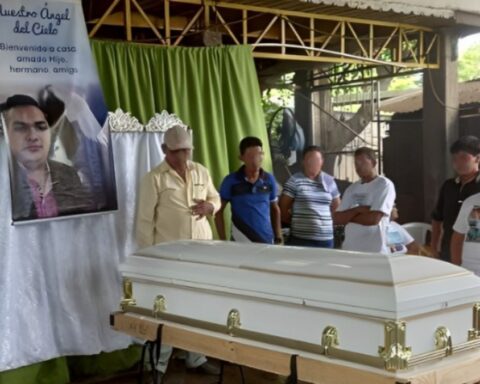The Managua Court of Appeals (TAM) has ratified the sentences of at least 13 prisoners of conscience, who were sentenced to between eight and thirteen years in prison by a Ortega-supporting judiciary. This shows “the reproduction of the same scheme of judicial persecution that was carried out in the first instance, before the judges,” warns the president of the Nicaraguan Center for Human Rights (Cenidh), Vilma Núñez.
During the appeal process, TAM magistrates are obliged to hold an oral hearing when one of the parties, in this case, the political prisoner’s defense, requests it. However, in all the resolutions they dispensed with it, arguing prevention due to the covid-19 pandemic and citing article 370 of the Criminal Procedure Code (CPP).
This states that “in the appeal and cassation resources, once the records have been received at the headquarters of the court of appeal and having provided for the filing of the records before it, it will not be required to convene an oral hearing when none of the parties has requested it. the parties or when oral evidence should not be received, leaving the appeal in these cases in a state of failure.
The lawyer Mynor Curtis, defense of several captive prisoners of conscience in the Directorate of Judicial Assistance (DAJ), El Chipote, explained that if the Public Ministry waived the hearing, it is his right, but that does not interfere with the TAM being obliged to carry out the hearing because it is established by law. For another lawyer, Henry Salatiel López, defender of political prisoner Alex Hernández, the TAM’s rationale for not summoning them to court is “discretionary”, insofar as it is public knowledge that the same institutions have promoted crowds at more critical moments of the health emergency.
“The Court of Appeals has denied, it has omitted holding hearings, but what it does directly is confirm the sentences that reach it on appeal from the judge of first instance. That is a legal aberration, it is a flagrant violation of the Code of Criminal Procedure”, says Núñez.
Likewise, another source explained that the magistrates, mainly from the First Criminal Chamber, in charge of passing sentences against prisoners of conscience, have failed to indicate in the resolutions that the defense can appeal through an extraordinary appeal, and for On the contrary, they have said “return the proceedings to the court of origin”, which seems to indicate that their ruling is the last instance of justice to resolve a case, but it is not.
CONFIDENTIAL confirmed that the TAM ratified the sentence of the political prisoners Medardo Mairena, Pedro Mena, Víctor Hugo Tinoco, Miguel Mendoza, Miguel Mora, Ana Margarita Vijil, Tamara Dávila, Violeta Granera, Félix Maradiaga, José Pallais, José Adán Aguerri, Arturo Cruz and Juan Sebastián Chamorro. MMeanwhile, the rest of the prisoners of conscience are still waiting for the rulings -such as the case of Alex Hernández- or their appeal is pending.
Another defense attorney, said anonymously, that the risk of this type of rulings – issued by the TAM – is that criteria for the interpretation and application of laws are established that “seriously harm the rule of law by nullifying the minimum guarantees of due process.” At the same time, he pointed out that neither the judge nor the TAM were able to demonstrate the crime of impairment for which their client was convicted.
For the former departmental prosecutor, Boanerges Fornos, since there is no oral and public hearing, as has happened in these sentences, “the right of the accused person to be heard is curtailed and that the same Appeals authorities see the conditions in which these are found. citizens” and furthermore, it is “a violation of due process,” he said.
Continuation of the “judicial farce” in Appeals
The first criminal chamber of the TAM, from where most of the sentences that confirm the sentences against prisoners of conscience are coming out, is made up of magistrate Octavio Ernesto Rothschuh Andino, who is the president; Judge Ángela Dávila Navarrete and Judge Rosa Argentina Solís Dávila.
From the perspective of the defender Núñez, “what is happening is that in the criminal court one of the TAM, practically, the judicial farce that was seen in the courts of first instance is being reissued. There they do not analyze, they do not study the resources that are filed, the new allegations, nothing, and there is not a single variant in any of the sentences that have been issued, nothing more to confirm. The Judiciary has become obedient macho men of the dictates of El Carmen. These sentences are coming out of El Carmen, practically”, he expressed.
61 convictions of political prisoners in three months
The justice system complied with the order of Daniel Ortega, who called the political prisoners “sons of bitches of imperialism” when he celebrated his illegitimate re-election last November. The machinery of judges, controlled by the government party, sentenced 61 prisoners of conscience from February to May.
These 61 convicts correspond to those detained during the repressive escalation, as the wave of imprisonments with which Ortega eliminated electoral competition and sowed fear among citizens in 2021 was known.
Some of them are close to completing a year in prison, because the arrests took place between May and November 2021, when they arrested seven presidential candidates, student leaders, peasants, journalists, human rights defenders, opposition leaders-one of them the retired general Hugo Torres, who died in captivity on February 12–, and business leaders.
The monitoring mechanism for political prisoners indicates that there are 182 in Nicaragua, including the 61 convicted this year. Of the latter, 28 are in the police cells of El Chipote and are victims of solitary confinement; 11 are in jail at home with permanent police surveillance; and the other 22 are distributed in different prisons in the country, including the women’s prison, La Esperanza.
Cassation: the last link in Nicaraguan justice
Lawyer Curtis prepares the briefs to raise the cases of two of his clients before the Supreme Court of Justice, through the extraordinary appeal of cassation. This is the last instance where a Nicaraguan can go to demand justice, prior to international courts.
For the lawyer and defender Núñez, it is convenient to exhaust the entire route of justice in Nicaragua, not because it is a requirement to raise demands at the international level, since the situation in the country is so serious that the cases comply with the exceptions of the inter-American system, but to “demonstrate, reaffirm the lack of independence, the criminal collusion of the Judiciary as a whole, not to say that it was just the judges, but the entire Judiciary as a whole,” he denounced.
Since the arrests and subsequent legal proceedings against political prisoners held in El Chipote, legal experts have described the trials as “farces”, based on fabricated crimes and spurious evidence.








